Let’s make school a healthier place!
Learn more about our award-winning programs, and contact us to sustainably promote health, from student to student, at your school.
Resources for teachers, health professionals and students looking to promote health in their schools and communities. Learn more about our work, including out flagship programs, SALSA and Triple A.

Running short- a video resource for Triple A; Adolescent Asthma Action!
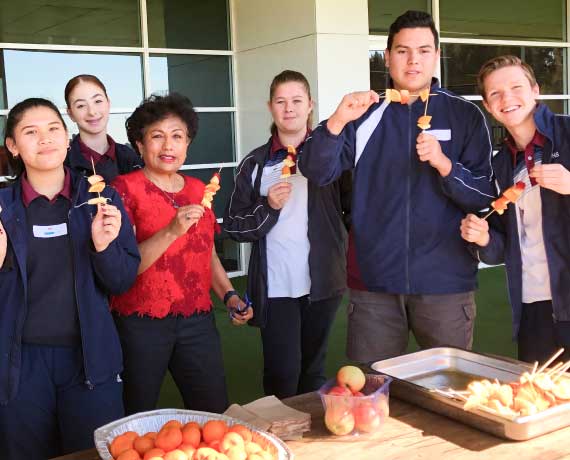
Background: Childhood obesity is increasing in prevalence. Effective interventions are needed, including those promoting healthy lifestyle habits in children and adolescents.
Objective: This article describes the development and feasibility of a peer led health promotion program in a New South Wales high school and the role GPs can play in community based health promotion activities.
Discussion: The Students As Lifestyle Activists (SALSA) program was developed by general practitioners, a local community health organisation and a local high school. Preliminary evaluation suggests that a peer led approach is feasible, acceptable and valued by both students and staff.
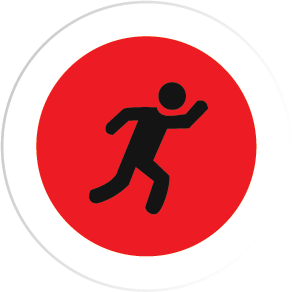
Objective: To evaluate the effect on physical activity and sedentary behaviour of a pilot school-based peer education programme in urban Beijing, China.
Conclusions: Peer education appears to be a promising intervention in reducing sedentary behaviours in adolescents in China. These results need confirmation in a larger study.
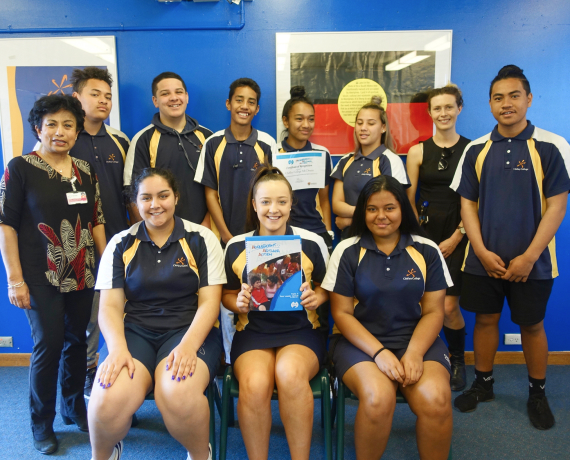
Background: Adolescence is a critical time for developing healthy lifestyle behaviours. It is a period where young people assume a greater responsibility for their physical activity and eating habits, which often persist into adulthood.1 Schools are an ideal setting for promoting health, as most adolescents attend school and can be easily reached. There is also strong evidence demonstrating that school-based programmes can increase physical activity and improve dietary habits of students.2 3
The Students As LifeStyle Activists (SALSA) programme uses a peer educational model, driven by students, to promote physical activity and healthy eating in a supportive school environment.4 Our premise is that students not only learn through teaching their peers, but they also serve as powerful motivators and role models for others.5 Adolescents can also be effective ‘change agents’ within their family and the wider school community.
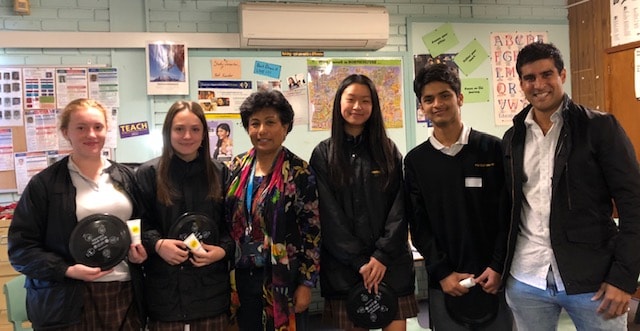
Background: Few studies have reported energy balance-related behavior (EBRB) change for peer leaders delivering health promotion programs to younger students in secondary schools. Our study assessed the impact of the Students As LifeStyle Activists (SALSA) program on SALSA peer leaders’ EBRBs, and their intentions regarding these behaviors.
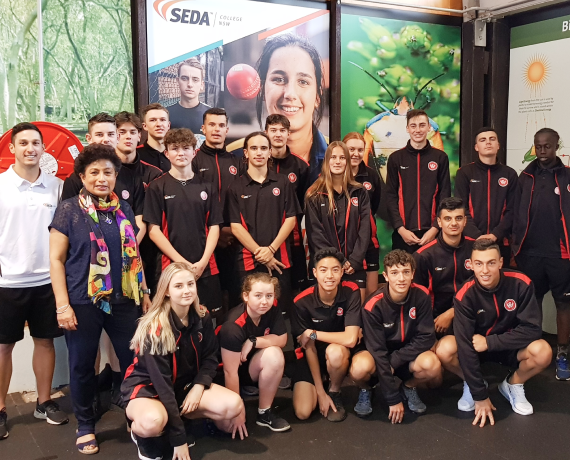
Background: School-level socioeconomic status (SES) influences on adolescents’ lifestyle behaviors is understudied. We examined how school-level SES and sex influence adolescents’ health-related lifestyle behaviors and intentions.
Conclusions: Students from low ICSEA schools would benefit from additional support to improve dietary-related behaviors and intentions. More research is required to identify what targeted approaches will address sex differences in adolescents’ lifestyle behaviors.